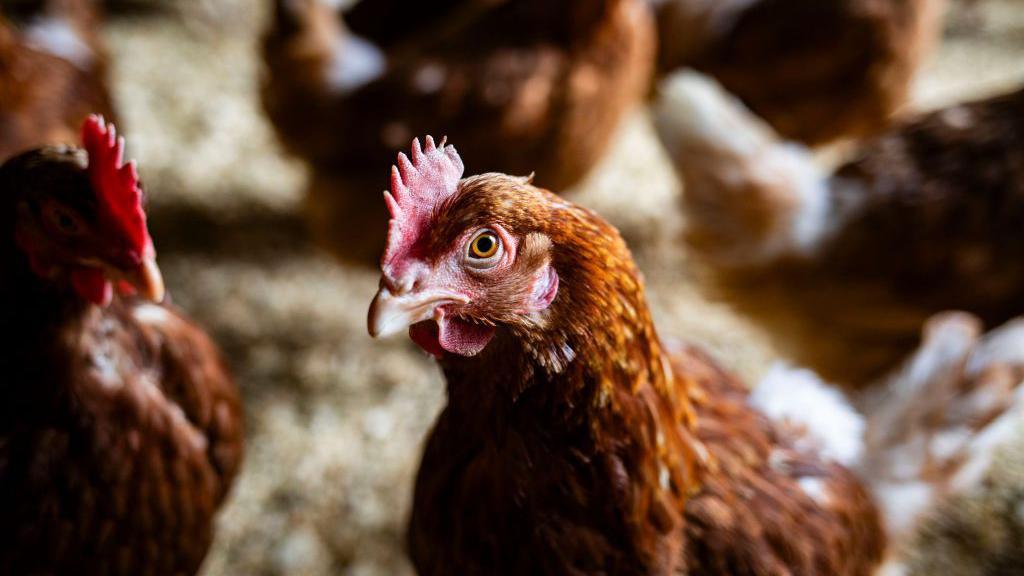Wildlife centre closes to prevent bird flu outbreak
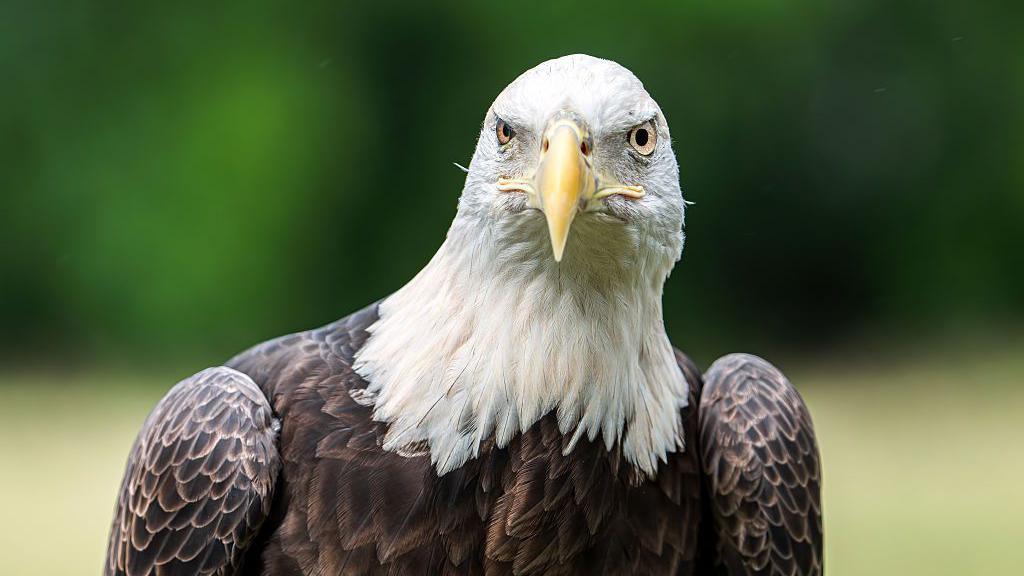
The family-run organisation, known for its flying displays, is home to multiple species of birds of prey (stock image)
- Published
A wildlife conservation centre in Kent says it has been forced to shut its doors as a result of the "increasing threat" of bird flu.
Eagle Heights Wildlife Foundation in Eynsford, near Dartford, announced its "immediate closure" on social media on Tuesday following "urgent discussions with our veterinary team".
The family-run organisation, known for its flying displays, is home to multiple species of birds of prey, along with farm animals, meerkats, African serval cats and other creatures.
The statement added that the move was "a preventative measure" to keep the centre's birds healthy, but a reopening date has yet to be confirmed.
"Our birds are part of our family, many of which have been here for over 20 years and are irreplaceable," said the post.
"If even one bird were to contract avian flu, the devastating outcome would likely be euthanising of our entire collection.
"We could not take the risk of waiting until it was too late."
It added that all November bookings had been cancelled and affected customers would be contacted regarding refunds.
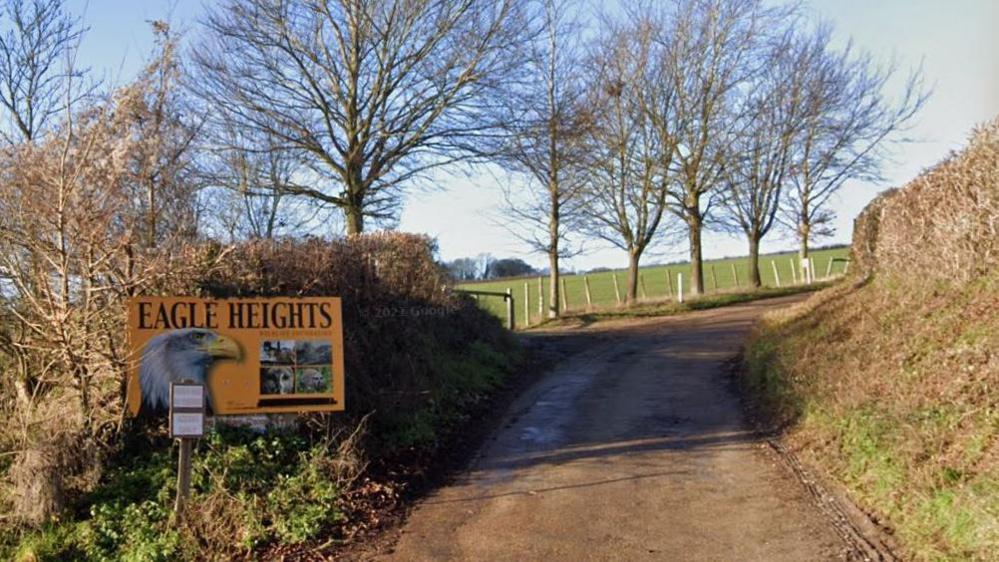
Eagle Heights described their birds as "part of our family" and "irreplaceable"
The foundation also appealed for people to adopt an animal or make a donation to keep them afloat while closed during their "most financially challenging time".
"It means we'll have no income while still needing to cover the £38,000 monthly cost of caring for our 50-plus animals," they said.
"Our birds still need feeding, our huskies still need exercise and our meerkats, alpacas, pigs and other residents still depend on us."
It comes as a number of cases of avian flu were recently confirmed across the UK by the Department for Environment, Food and Rural Affairs.
Special measures have been introduced in parts of the North, the Midlands and the East of England requiring owners to keep their flock on a strict lockdown.
Defra said the risk to the public was very low, but people are urged not to touch or move any dead or sick wild birds.
Follow BBC Kent on Facebook,, external on X, external and on Instagram., external Send your story ideas to southeasttoday@bbc.co.uk, external or WhatsApp us on 08081 002250.
More stories like this
- Published28 October
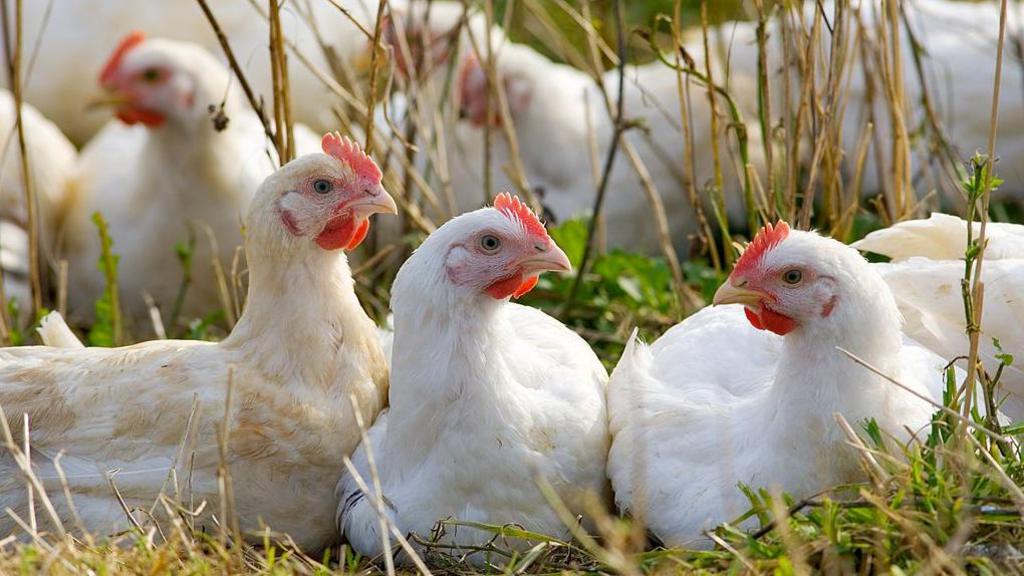
- Published29 October
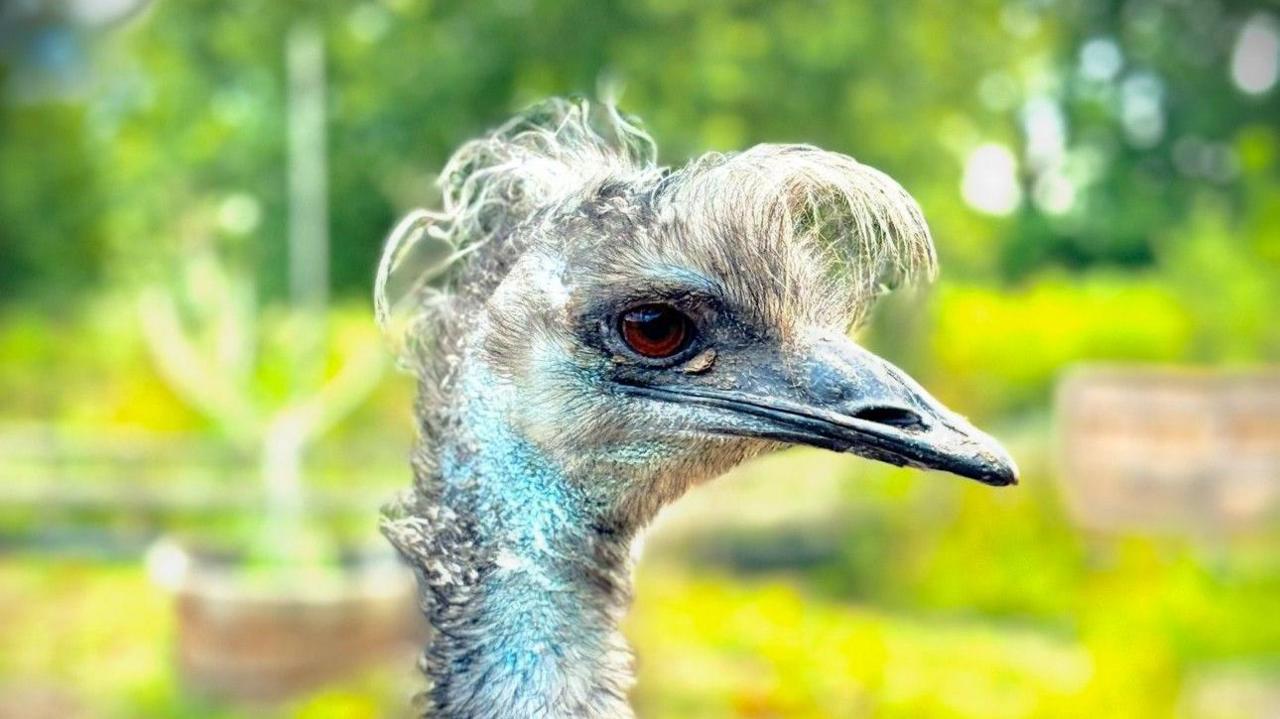
- Published1 November
